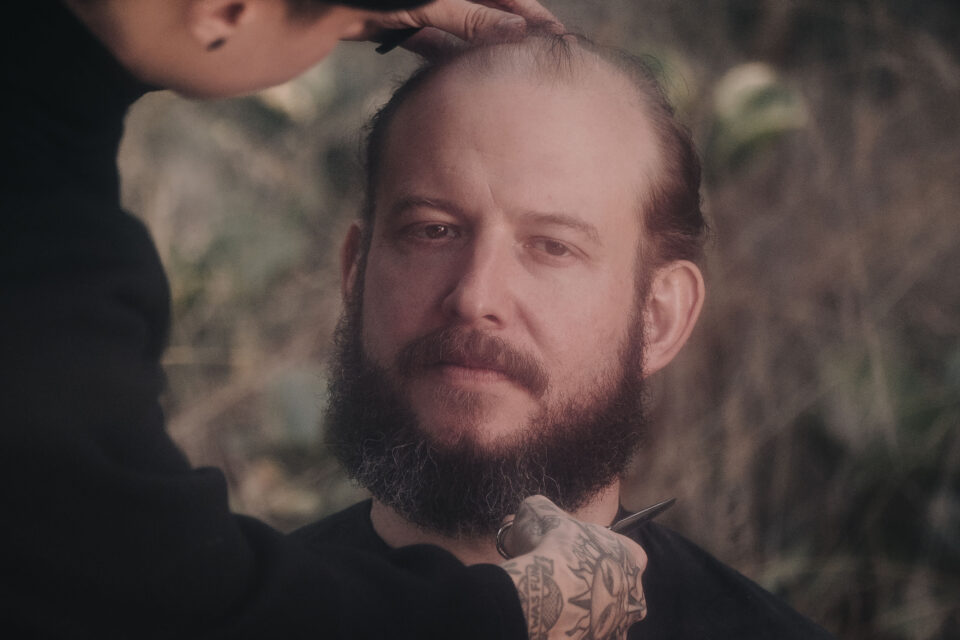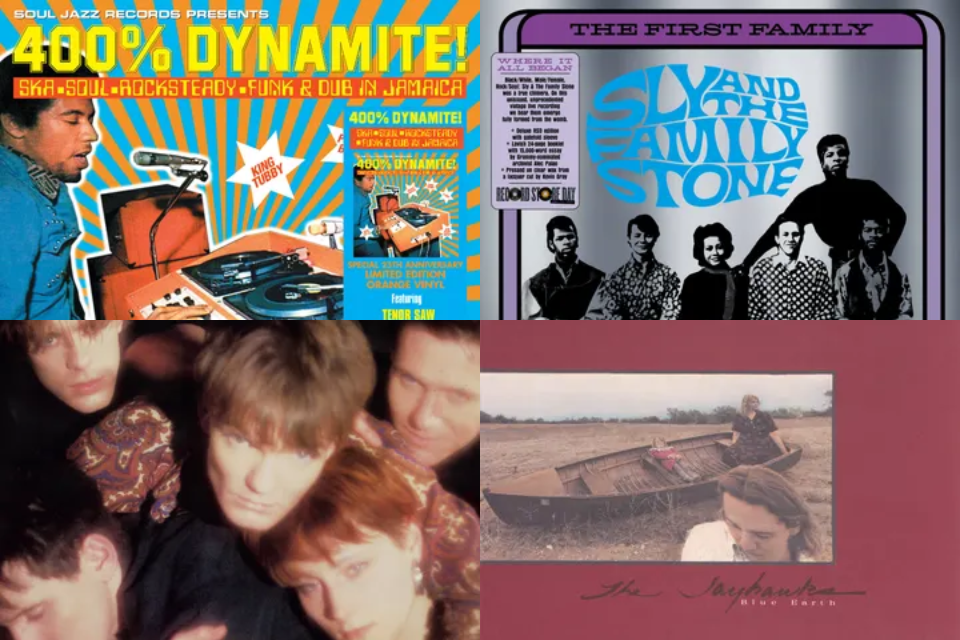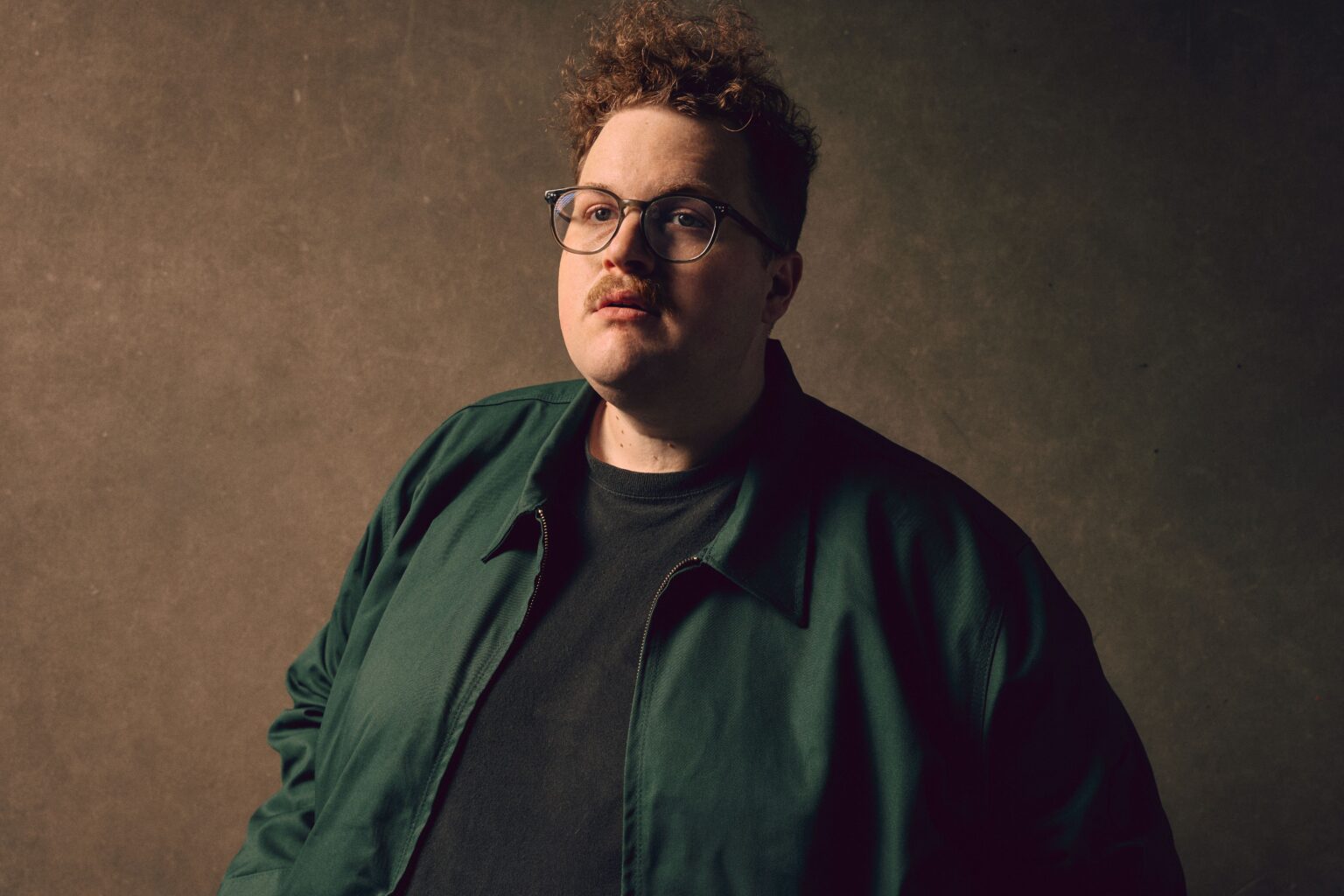A.G. Sully grew up in Hartselle, Alabama, just a few hours away from Nashville. She describes it as very small and very conservative, but it’s a place that shaped the independent artist to become who she is today.
“It’s taught me a lot, I’ve kept a lot of my same morals and values, but it’s also showed me a lot of things that I don’t want to be,” she said. “I think when I got out of Hartselle, no bitter feelings or anything, it’s just like I was so eager to see everything else and explore everything else, even down to music. I grew up super Christian, you don’t do anything else when you’re from like a small town in Alabama. I was eager to hear other music other than Contemporary Christian Music or the classics I grew up on. The desire to be everything else that I couldn’t have when I was in Alabama.”
Growing up, Sully heard her mom listening to some of the most commercially successful musicians like Michael Jackson, Elvis, the Bee Gees, and Earth, Wind & Fire but none of those artists registered with the sound that she was trying to carve out for herself. When she got to college at Middle Tennessee State University, she discovered music from Noname and her debut mixtape Telefone, D’Angelo, and Daniel Caesar and started to impact the alternative soul sound she’s known for today. But during her first year in Nashville, her music almost took a different path.
“I was still heavily doing Christian music, and I auditioned to sing at Elevation Worship, which if you know anything about, we know Elevation,” she said. “I sent in a video, and I got in. I was going to move to Charlotte or something. I was still under my parent’s wing and my dad was like, ‘You’re not doing that, you’ve got to get a degree, you’re not going to sing at some church.’ Which is so funny because I also quit school. When he told me no, I felt like there was this kind of shift in my mind and I was like, ‘Well, I’m going to do what I want to do.’ I think I realized that what I wanted to do wasn’t church music, it’s just the only thing I thought I could do. I wasn’t writing at the time.”
Sully said she started writing around sophomore year at MTSU, penning her first songs “Lil Mama” and “FOMO,” which she wrote inside one of the practice rooms on campus. The music she started to make was a far cry from the Christian music she was used to singing.
She linked up with producer Phillip Towns and began putting the finishing touches on “FOMO” and “Lil Mama,” and this would be the spark for her debut project.
“I would say he was probably the first person to ever believe in me and the songs that I was writing,” she said of Towns. “He just wanted to produce them, just to produce them. We made a few songs together and just kept writing and figuring out what my sound was. I started working with Caleb Lee and I heard his production because of Bren Joy. Bren was one of the first artists in town for me to be like, ‘Oh wait, maybe I can do this this here.’ I just DM’ed Caleb, and I was like, ‘Hey, I heard what you did for Bren, can we work together?’ And then we made Space to Think together.”
She describes her songwriting as linear and wouldn’t say it was super structured. Like many artists, she takes inspiration from what’s going on in her personal life. Her life between Space to Think and her new record, Premonition of Rain, has been vastly different and those changes are reflected in the songwriting.
“When I listen back to Space to Think, I’m still really young now, but I was really young then and really had not experienced much,” she said. “I had never really experienced any heartbreak. I was still just winging it, paying cheap rent, life hadn’t really hit me yet. Three years between the two albums and I just feel like I lived so much life in between the two records and spent more time on the craft. Space to Think, those were still some of the first songs that I’d ever really written. I think it kind of shows like I listen to it and I’m like, ‘Dang, should I take this down?’ I’m not going to take it down.”
Sully started working on her new album Premonition of Rain about a year and a half ago and she says the album is sensing the change, being in it and feeling it.
“The title appeared in this weird, magical way,” she said. “Sometimes when I need inspiration, I have these nature diaries, they are these photography books, and it’s just these beautiful landscapes with a little title, which is also where I got [song title] ‘Autumn’s Dreamland’ from. But I remember seeing this image and it was rain hitting these leaves up close and it said like a premonition of something. It wasn’t the word rain, but it just had the word premonition, and I just love that word. It kind of has this negativity attached to it. But I don’t really think that’s necessarily the truth. I think that it’s just this sense of anything. And to me, the rain represents all the changes that I went through and letting go of all these other things. The album itself is kind of like the time of making it is the darkness and then the release of it is the light to me.”
As this album represents her changes through the years, Sully faces yet another one. Walking into the studio on a rainy Friday afternoon she reveals this is her last weekend in Nashville and is ready to open the next chapter in her journey. She’s still able to reflect on the things she’s learned in Nashville along the way.
“I don’t want to be too emotional about it, but I think Nashville is like a boot camp for artists,” she said. “Because there’s so much going on here in such a small city. I think it’s taught me that people can see through a lot of things. I think that honesty is always going to be the best thing that you can carry. Honesty and authenticity. I think that there is so much good music here that’s always going to shine even past stupid stuff that’s going on in this industry. I think Nashville really knows how to celebrate what’s real. Even though there is so much work to do, we know how to really show up for what matters.”




